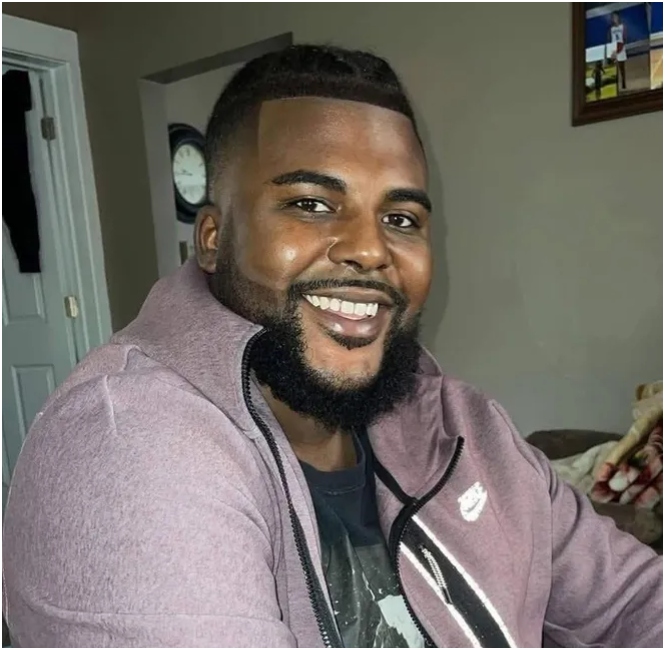Montgomery County, Ohio has agreed to pay $7 million to the family of Christian Black, a 25-year-old man who died in March after jail officers restrained him in a county facility.
The settlement resolves a civil lawsuit filed by the family but leaves open questions about accountability, as no officers have been criminally charged.
The Incident

Black was taken to jail after crashing a stolen car, police said. Once inside his cell, video released by the family and attorneys showed him in distress — yelling and repeatedly striking the glass door with his hands and head.
Nine deputies entered the cell and restrained Black, pinning him to the ground before forcing him into a restraint chair. In the footage, his head slumped as he lost responsiveness. Although staff checked his vitals, the family’s attorneys say nine minutes passed before CPR was initiated.
Black was transported to a hospital but died two days later. The Montgomery County Coroner ruled the death a homicide caused by positional asphyxia, a condition in which the chest cannot properly expand to allow oxygen flow.
The Settlement
Attorney Michael Wright, who represents the Black family, confirmed the settlement on Tuesday, noting that county officials acknowledged responsibility and pledged reforms, including adding mental health inpatient beds.
However, the family insists the civil payout is not enough. Black’s mother, Misty Black, said at a press conference:
“This check doesn’t stop the criminal side. It’s not going to make me go away. I’m here. Justice for Christian Black. I won’t stop until justice is served.”
Calls for Criminal Accountability
While the civil case is resolved, the family and advocates are calling for criminal charges against the deputies involved. To date, no officers have been indicted or disciplined in connection with Black’s death.
Legal experts note that the coroner’s homicide ruling may provide grounds for a criminal case, but prosecutors face hurdles in proving intent or criminal negligence. Civil settlements do not preclude criminal prosecution but often conclude without parallel indictments unless public pressure forces review.
Broader Implications
The case highlights ongoing debates over the use of restraint chairs in correctional facilities and the treatment of inmates in mental health crises.
Advocates argue that Ohio jails lack adequate infrastructure to safely handle individuals in psychological distress, leaving officers to rely on physical force rather than medical intervention.
Montgomery County has not issued a formal public statement about the settlement or whether internal reforms will be monitored.

